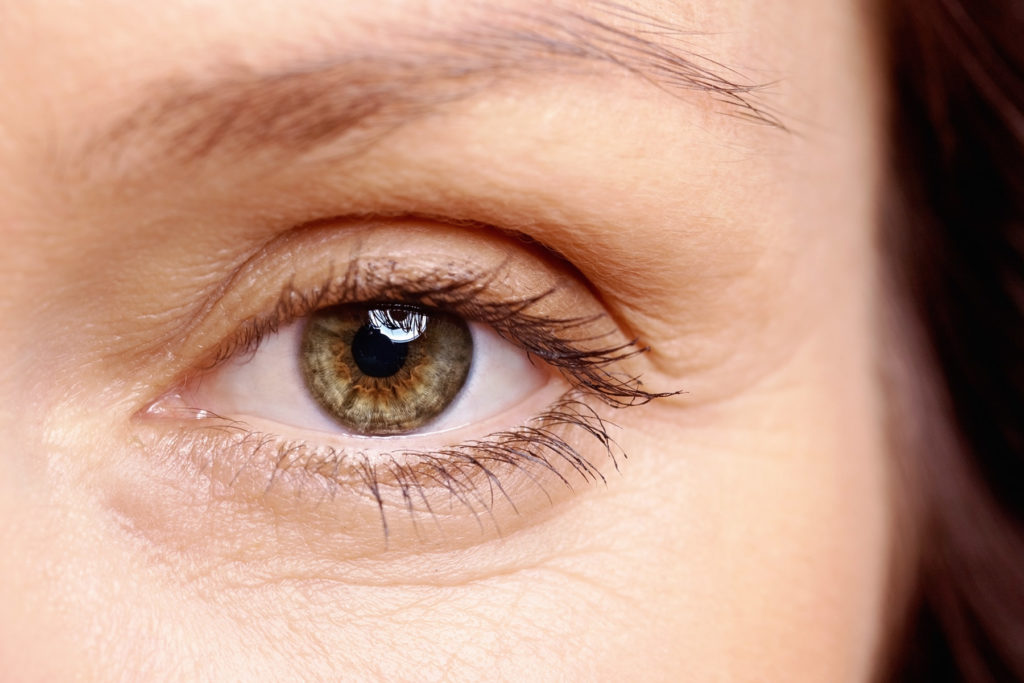
Can You Catch COVID-19 Through Your Eyes?
“The virus has been detected in tears and conjunctival swab specimens from individuals with COVID-19,” Duh says. “If someone rubs their eyes and then touches someone else or touches a surface, that kind of transmission mechanism could occur.”
“It again highlights how contagious the coronavirus is and how stealthy it can be in its contagiousness,” he says.
If it turns out that the coronavirus can infect the eyes, the virus could persist there as a source of contagion, Duh says. “The eyes and tears could serve as a source of infection to others for longer.” He noted a case of a COVID-infected woman with conjunctivitis who still had detectable virus in her eyes 3 weeks after her symptoms started.
Conjunctivitis, commonly called pinkeye, could be a symptom of COVID-19, says Sen, who is also an ophthalmologist. She recommends that people get tested for COVID-19 if they have this condition, which is marked by redness, itchiness, tearing, discharge, and a gritty sensation in the eye.
Fair, the virologist, was released from the hospital to recover at home and continued to urge eye protection. “People like to call people like me fearmongers, things like that, but the reality is, we’re just trying to keep them safe,” he told NBC News.
The CDC hasn’t issued such advice. In an email, the agency says it “does not have specific recommendations for the public regarding eye protection. However, in healthcare settings, CDC does recommend eye protection for healthcare workers to prevent transmission via droplets.”
Sen agrees. “For the general public, I don’t think we have enough data to suggest that they should be covering the eyes in some form,” she says.
When she goes to the grocery store, she doesn’t wear eye protection. “I am only wearing goggles when I’m seeing ophthalmology patients up close, basically because I’m 4 or 5 inches away from them.”
But fuller protection — a mask, gloves, and even eye protection, such as goggles — might help those taking care of a COVID-19 patient at home, Manche says. “If you’re caring for somebody, that’s a much higher risk because they’re shedding viral load. You lessen the chance of transmission.”
Source link
